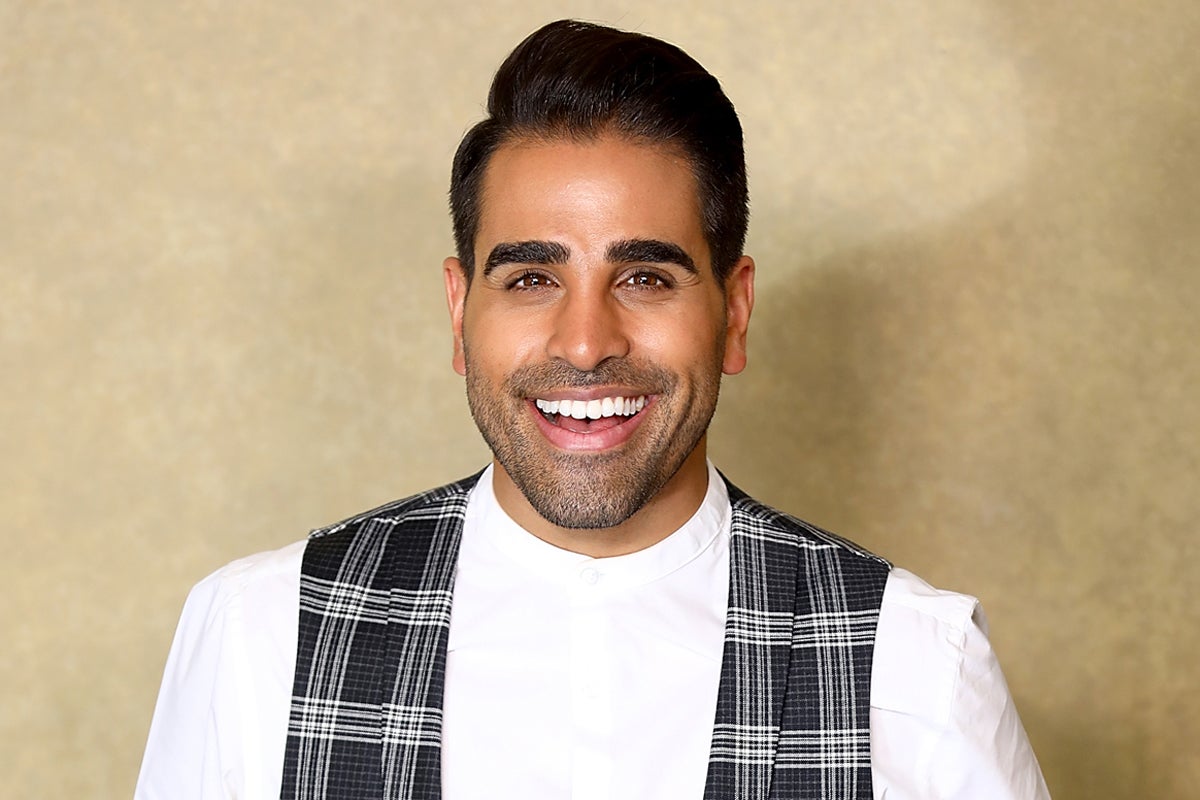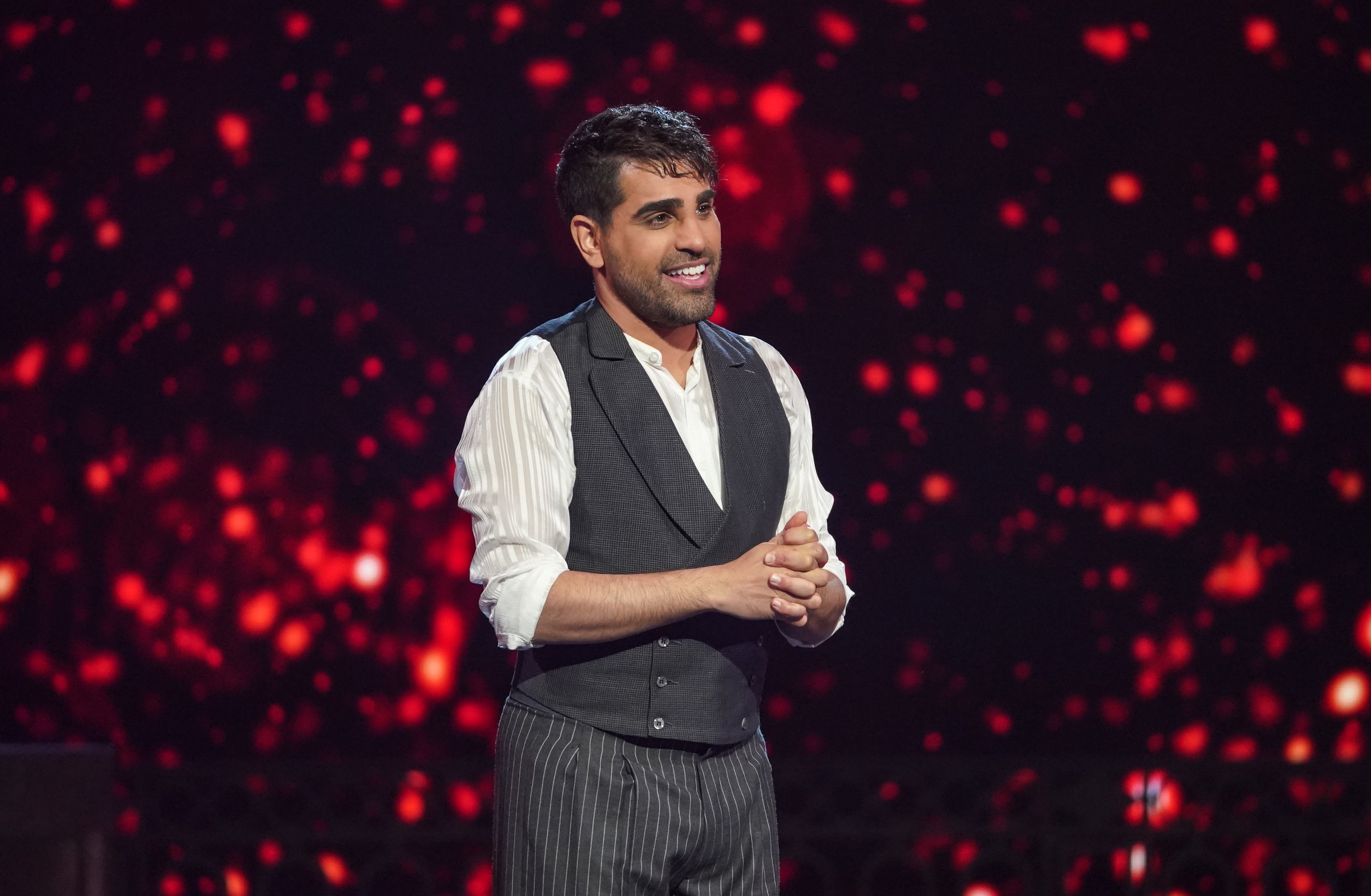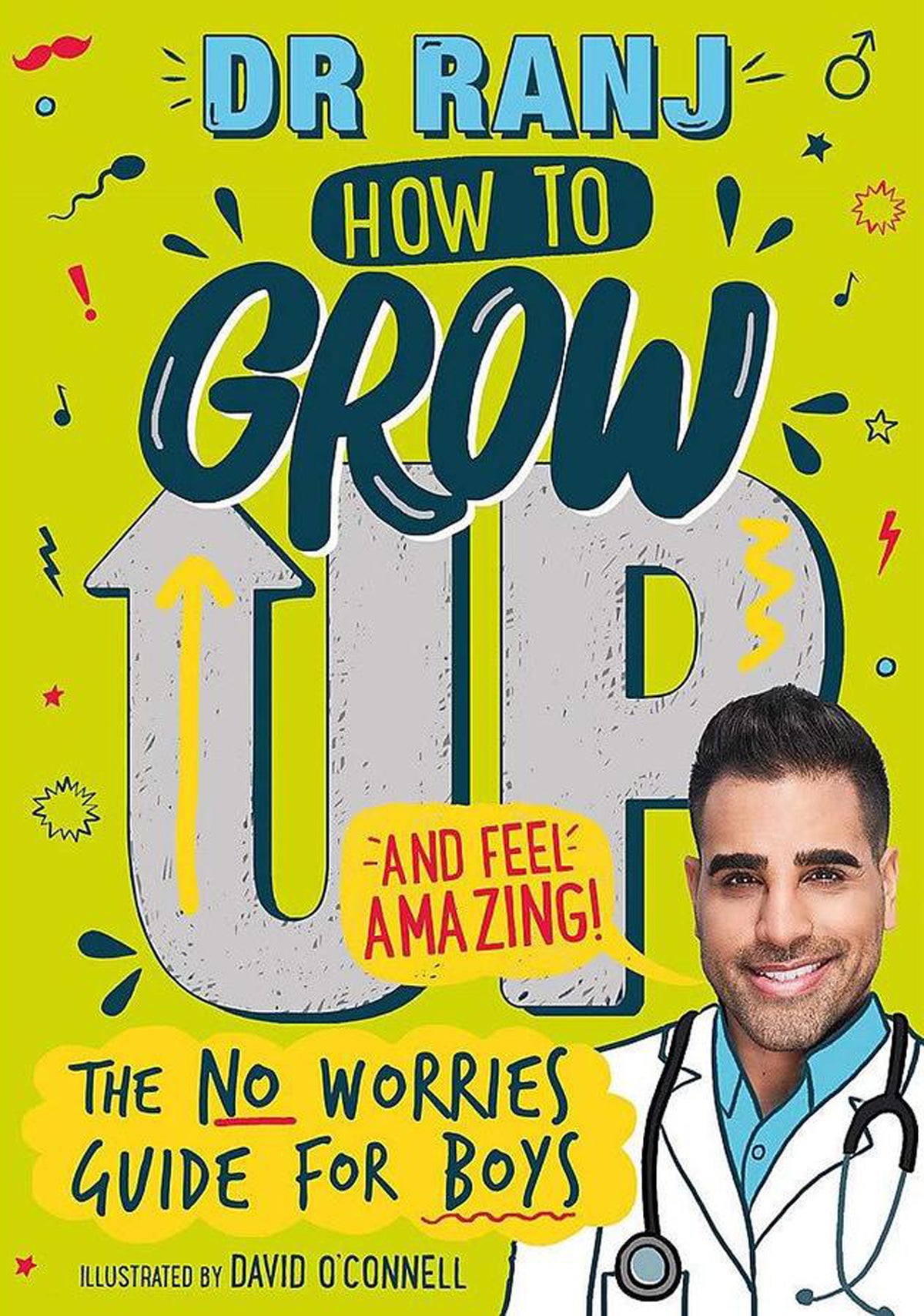‘Why not talk to boys and young men about this?’ Dr Ranj on Sarah Everard, men and toxic masculinity
How do we tackle toxic masculinity? We start by getting young men to talk, Dr Ranj tells David Barnett


There have been many women killed by men in the past two months – on average, says the Femicide Census group, which collates data about such deaths, a woman is killed by a man every three days.
But two names have been absorbed into the public consciousness – Sarah Everard and Julia James.
Sarah, a 33-year-old marketing executive, went missing on the evening of 3 March after leaving a friend’s house in Clapham Common to walk home to Brixton Hill. A serving police officer, Wayne Couzens, was arrested six days later and, when Sarah’s remains were discovered in woodland near Ashford, Kent, on 10 March, he was charged with her kidnapping and murder, and is awaiting trial.
Julia was a 53-year-old police community support officer who was found dead in woodland near Snowdown, Dover, on 27 April. A week on, at time of writing, police have no motive for her killing and have made no arrests in connection with her death.
In the wake of the death of both women there has naturally been a lot of discourse about the safety of women on the streets of the UK.
The old arguments resurfaced; women should not walk alone down darkened streets. They should not take shortcuts through parks at night. They should dress modestly when out to avoid attracting the wrong sort of attention. Carry a set of keys between your fingers to ward off any attacker. If the worst happens, scream “fire!” not “rape!” as that’s more likely to get attention.
But this time, women said no. Loudly, vociferously, and in great numbers. Women took to social media to tell their stories, how it was ingrained in them from almost as early as they could remember that women were not safe and it was their responsibility to limit the risks as much as possible. How incidents of men threatening them physically, verbally or emotionally were so commonplace as to hardly be worth mentioning most of the time. How the narrative was often skewed towards a suggested, if not overtly said, “Well, what did you expect, going out dressed like that/walking down that street/having so much to drink?”
Wouldn’t it be a thing, people mused, if instead of telling women what they should and shouldn't do to avoid unwanted male attention, the responsibility was put on men to actually behave in a way that did not leave women feeling threatened.
Which, inevitably, brought a chorus of “not all men”. Which, of course, is true; not all men do harass women, and that’s a fact. But, said some commentators, how often do men let their friends’ problematic behaviour go unchallenged, or avert their gaze if a woman is being made to feel uncomfortable in a public place?
For anyone who grew up before the dawn of the millennium, boys talking about their feelings wasn’t particularly encouraged
And if masculinity really is so toxic, what can be done about it? Change might be impossible for some men, or at best gradual for others. But what of the next generation?
The discourse on toxic masculinity is an opportunity for us to talk to our sons about behaviours and attitudes that might have been ingrained for generations, on both sides of the coin. Not only to instil proper attitudes with regards to their behaviour to others, but also to talk to them about how they might be feeling in an environment where they are being told that men are to be feared and mistrusted.
It can be a difficult conversation for some parents to have, which is why Dr Ranj Singh has done it for you.
Singh is an NHS consultant A&E paediatrician and one of the resident doctors on ITV’s This Morning. He also co-created the Bafta-award-winning CBeebies series Get Well Soon, and presents ITV’s prime-time Save Money Lose Weight and Dr Ranj: On Call.
He was a hugely popular contestant on 2018’s Strictly Come Dancing, and writes for various magazines and websites about a range of health issues, especially those affecting children and young people.

Helping young boys navigate the path to manhood is one of his particular hobby horses which has led, in collaboration with the artist and writer David O’Connell, to the publication of his latest book How To Grow Up (And Feel Amazing), subtitled “The No Worries Guide for Boys”.
The book covers a wide range of topics, from mental health to body confidence to healthy eating – it’s a guide to navigating those troubling and troublesome puberty years. But there’s a particular focus on relationships and how to learn to conduct them properly – which could have positive ramifications for how the next generation of men behave. And the key, says Dr Ranj, is teaching boys from an early age that it’s all right to talk about their feelings.
“We need to really give permission for boys to speak about how they are feeling and to allow them to ask for help if necessary,” says Singh. “Not talking is responsible for so many of the problems that we see in young men, among which there is a really high suicide rate.”

For anyone who grew up really before the dawn of the millennium, boys talking about their feelings wasn’t particularly encouraged, and more often than not actually frowned upon. Boys took their cues from the adult men in their life, who were usually stoic providers who just got on with things and if there were problems just slapped each other on the back and offered a variation of “man up” as the only sage advice available.
“We didn’t have the internet, we didn’t have books like this one,” says Singh. “We often got our information about things from other people at school, and it wasn’t always the right information. So a lot of boys with problems suffered in silence. That’s what I want to avoid by writing this book.”
Young boys today have perhaps the opposite problem of those who grew up in the 20th century – not a lack of information, but a surfeit of it
Singh knows from personal experience how damaging that can be. He grew up in a Sikh family and although he knew he was gay he only told his family at the age of 30, just a little over a decade ago. And having to live with it as a secret caused him deep problems.
“I’ve been very open and honest about what I went through when I was younger,” he says. “I did consider killing myself at one point. The issues I had were never spoken about properly at the time, it was all just brushed under the carpet. And if that happens you can carry it with you for the rest of your life.”
Young boys today have perhaps the opposite problem of those who grew up in the 20th century – not a lack of information, but a surfeit of it. While it is good that help and advice is just a click away, it can be overwhelming and difficult to tell what is genuine, useful information and what isn’t.
“How do you sort the wheat from the chaff, in other words?” he says. “And it can be a bit overwhelming for parents as well as young men; I’m getting a lot of parents who are buying the book and reading it first before giving it to their sons.”
But how does encouraging boys to talk about their feelings create a generation that does not make women feel threatened by their behaviour?

“The Sarah Everard case was the straw that broke the camel’s back, really,” says Singh. “So many incidents involving women have happened over the years but they haven’t really had the attention that was so rightly focused on this particular incident.
“It made society turn a mirror on itself, particularly on men and demanded that they examined their behaviour. And this now gives us the opportunity to say, well, why not talk to boys and young men about this, let’s try to change the narrative from the one we are used to.”
That narrative, says Singh, is the ingrained idea that men have no right to sometimes feel bad. They need, in his words, “permission” to do that. “The attitude is always to just man up,” he says. “Because the man has the role to play, that of the leader who looks after everyone else, who has to just get on with things, and whose feelings don’t really matter. And there’s this fear that if we teach boys to explore their feelings we’re going to create this generation of snowflakes.”
He pauses and says vehemently, “I hate that term. It’s so derogatory and it diminishes the fact that boys have feelings and are allowed to talk about them.”
So perhaps the whole landscape of the traditional father-son dynamic needs to change if we are to see material differences in how men behave in the future. The traditional wisdom passed down through the generations is becoming less and less significant in the 21st century. But changing the narrative isn’t just the responsibility of men, says Singh.

“Everyone has a part to play in doing this,” he says. “Men have the responsibility to do something but it’s not just up to them, we all have a significant role in teaching younger men how to behave appropriately and how to respect others.
“But it’s a fact that so much behaviour we adapt as children is mirrored from authority figures, be they parents, carers, teachers or other adults in our lives.

“The responsibility to build a better generation where there is more respect paid by men to women cannot just be the responsibility of young people today.
“We all have to play our part to ensure that young men know it is all right to talk about their feelings and through that they can learn to respect other people.”
Although Singh’s book is aimed at boys aged 10 and up, it doesn’t shy away from the issues they need to learn about to navigate puberty. Some of them are practical problems – how to shave, for example – and others are weightier, though explained age-appropriately. Including, crucially, how to tiptoe through the minefield of sex and, most importantly, consent.
It’s a book that Singh says he wishes he had while he was growing up, which is why he decided to write it, and feels it’s especially important because of Covid.
“A lot of children have missed so much school over the last year,” he says. “Yes, there is sometimes misinformation in the school playground but by the same token, peer pressure can get a bad rep. It works both ways. As well as it being pressure to force someone to do something they don’t want to, it can also be a useful check, a way of regulating behaviour.
Read More:
“With young people missing their friends to get a feel for things or to see how they should really be behaving in a certain situation, and with lessons such as personal, social, health and economic (PSHE) education taking a backseat as lessons went online, young people have missed out on so much social interaction and education over the last year.
“Now more than ever we need to make sure that they are not struggling with mental health and have the tools and encouragement to talk about how they are feeling.”
‘How To Grow Up (And Feel Amazing)’ by Dr Ranj Singh and David O’Connell is out now
Join our commenting forum
Join thought-provoking conversations, follow other Independent readers and see their replies
Comments
Bookmark popover
Removed from bookmarks